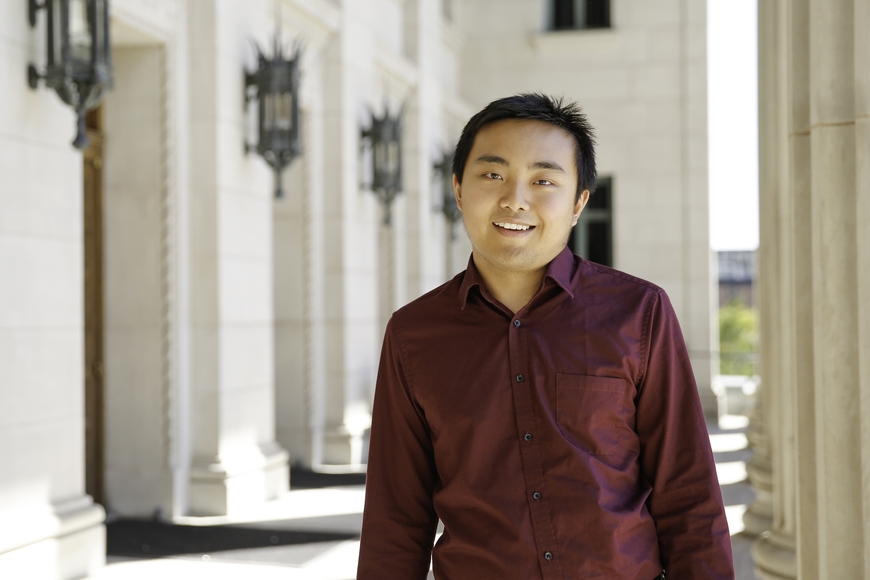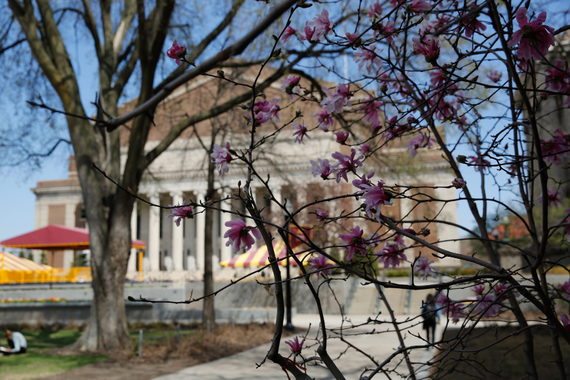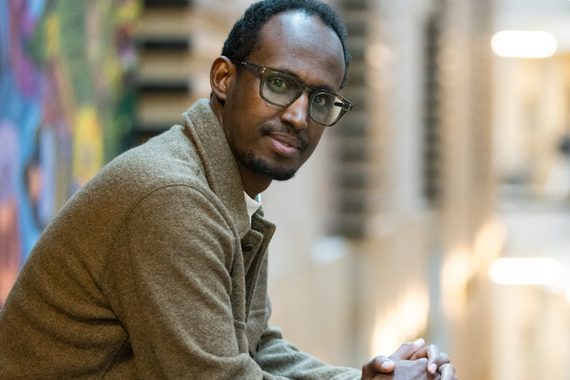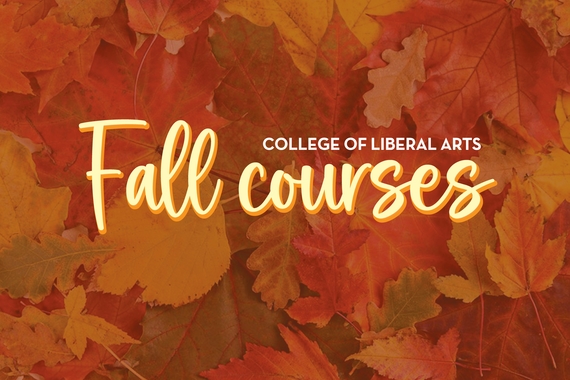Certifiably Ready
Senior Tab Zhang knew he wanted to pursue a career in technology, but he wasn’t quite sure of his best path. Should he go to graduate school, gain more experience in the field, or start his own company? All good options. Fortunately, he had a useful tool to help him weigh the pros and cons: the Career Readiness curriculum in the College of Liberal Arts (CLA).
Zhang will earn a Career Readiness Certificate—the first person at the University to do so—for his initiative to find the right career options, along with a bachelor of arts in computer science. Through career planning classes and opportunities to reflect on experiences like internships, Zhang shows future employers that he is primed to start deploying his liberal arts education.
Tori Breen, a sophomore majoring in dance and minoring in sustainability studies, is well on her way to earning a certificate, too. She has found CLA’s career readiness courses enormously helpful in preparing for life after college.
Already, she learned to write effective cover letters and a resume, honed her interviewing skills, and narrowed her focus on jobs she will seek. Breen, who landed two internships at theaters this summer, also used career readiness classes to translate her coursework into tangible skills that she can describe to potential employers.
“The Career Readiness Certificate is helpful because I won’t get to graduation and just be starting to think about building a career,” says Breen, who plans to work as a dancer and choreographer. “I’m a lot more comfortable and confident looking for jobs—and jobs in more traditional professional realms—and synthesizing experiences so that I can talk about them.”
CLA has been focusing intently on career readiness in recent years. Its Career Readiness Initiative strives to prompt students to think about their careers early and often so that they are prepared to channel academic learning into on-the-job skills. The program encompasses career planning coursework, a platform for developing competencies, and the certificate—the first of its kind in the Big Ten and perhaps nationwide.
Liberal arts students work to develop ten competencies, including analytical and critical thinking, communication, and teamwork, during classes and other college experiences. The competencies build on each other, helping students apply their education to life. It’s important because liberal arts students can go in so many career directions, says Paul Timmins, director of CLA Career Services.
“Career readiness helps liberal arts students visualize possibilities down the road,” Timmins says. “They benefit from having support and being able to think through how their liberal arts degree helps them build the competencies that employers are looking for.”
Fostering students’ career-readiness mindset also helps employers who want to hire liberal arts graduates. When students can explain how their education in anthropology or music applies at General Mills, it makes them much more marketable, says Ascan Koerner, associate dean for undergraduate education.
“It’s really valuable for employers,” Koerner adds. “They can see that our students are not only smart but that they can use their education outside of the classroom.”
Certificate path
CLA encourages students to engage in continuous thinking and career planning throughout college. It starts when students first enroll in the College. They either take the First-Year Experience or the Transfer Semester Experience course to discover CLA career readiness services and explore career options.
Students also learn to use tools to track their acquisition of the 10 core competencies. CLA provides an online self-assessment tool called RATE (Reflect. Articulate. Translate. Evaluate.) for students to analyze experiences and encapsulate them into the competencies. The experiences include coursework, research, internships, learning abroad, or involvement with campus organizations.
Subsequently, students have reams of examples explaining how studying abroad in Italy, playing in the marching band, or majoring in sociology prepared them for graduate school or a job. This helps students make the most of their college experience, Koerner says, citing the John Dewey quote, “We do not learn from experience, we learn from reflecting upon experience.” He adds, “It’s the cognitive work parallel to the experiences that helps develop learning.”
Students pursuing the Career Readiness Certificate dedicate themselves to preparing for careers and have the credentials to prove it. They take at least six credit hours of career readiness classes, including the First Year Experience. Boom—they’re already on their way! Sophomore year involves either a class in building career experiences or one in major and career exploration. They also take a career planning course and a career readiness experience class to reflect on endeavors outside of class.
Upon graduation, students have their Career Readiness Certificate documented on their transcript. Few experiences outside of academics are listed on transcripts, making this a momentous achievement for recipients. Though it’s a new offering, 10 liberal arts students already are pursuing the certificate.
“We’re trying to create an incentive for students to work a little bit on career readiness throughout college,” Timmins says, adding that employers told CLA leaders that a transcript citation would highlight a candidate who takes their career seriously. “They know they are eager to use their liberal arts education very intentionally as a springboard to success.”
Reaping rewards
Whether students engage in career readiness classes or pursue the certificate, they finish college farther down their path to a fulfilling career. For Zhang, the curriculum guided him in evaluating the core competencies he sharpened during internships and research opportunities. It also “taught me important networking skills to connect with people who support my career … and helped me better understand different job options,” adds Zhang, who decided to attend graduate school in computer science.
Breen appreciates that the certificate program gives her goals and a timeframe to work on career planning early. That way, she has more opportunities to pursue useful coursework, internships, and other experiences that will make her an appealing dance partner or employee.
And then there are intangible benefits. Koerner sees a huge difference in students who take advantage of CLA’s career readiness services. “I see much less anxiety about their future,” he says. “They seem more confident that they can translate their degree into a professional career, and I think they have a greater appreciation for the things they learned.”



